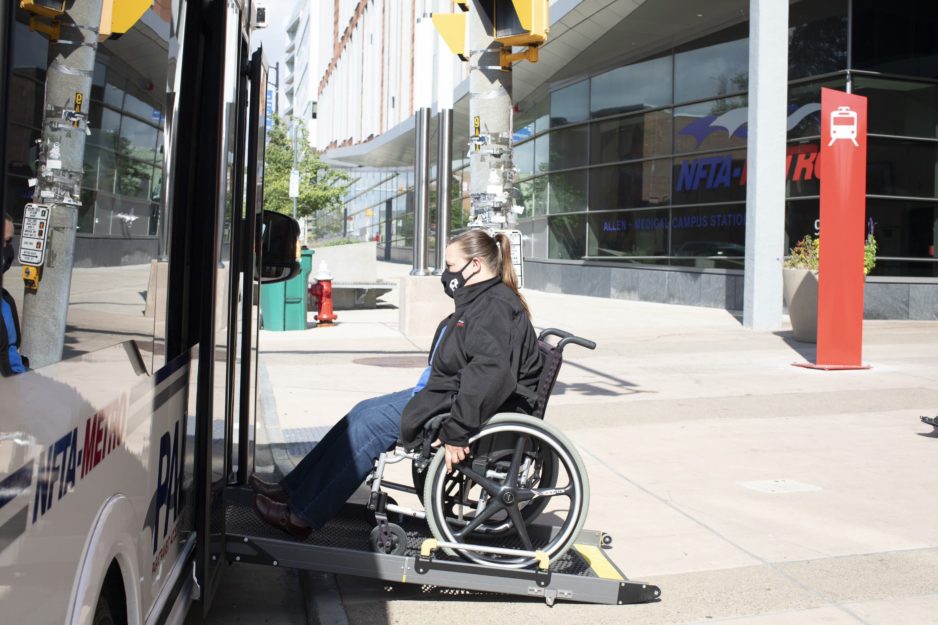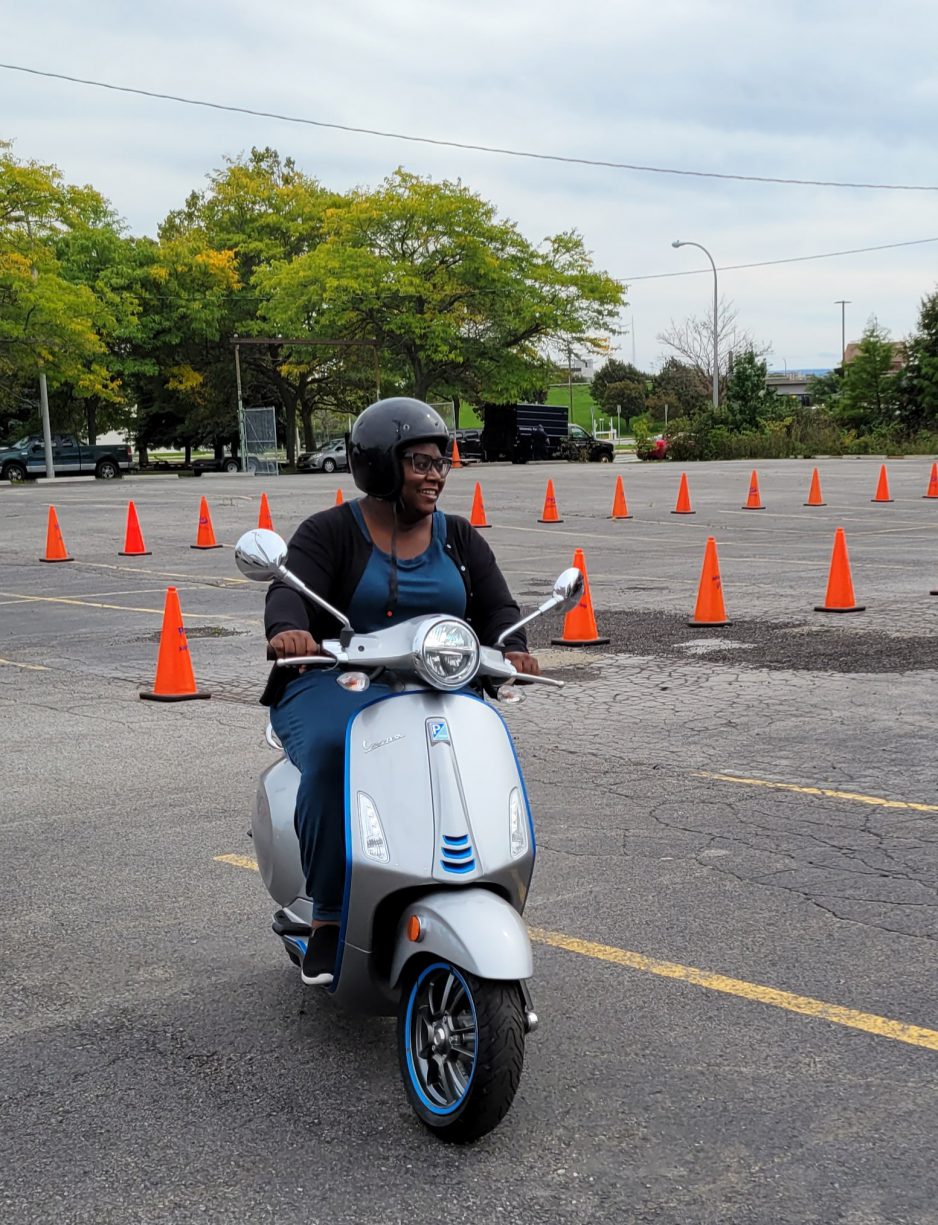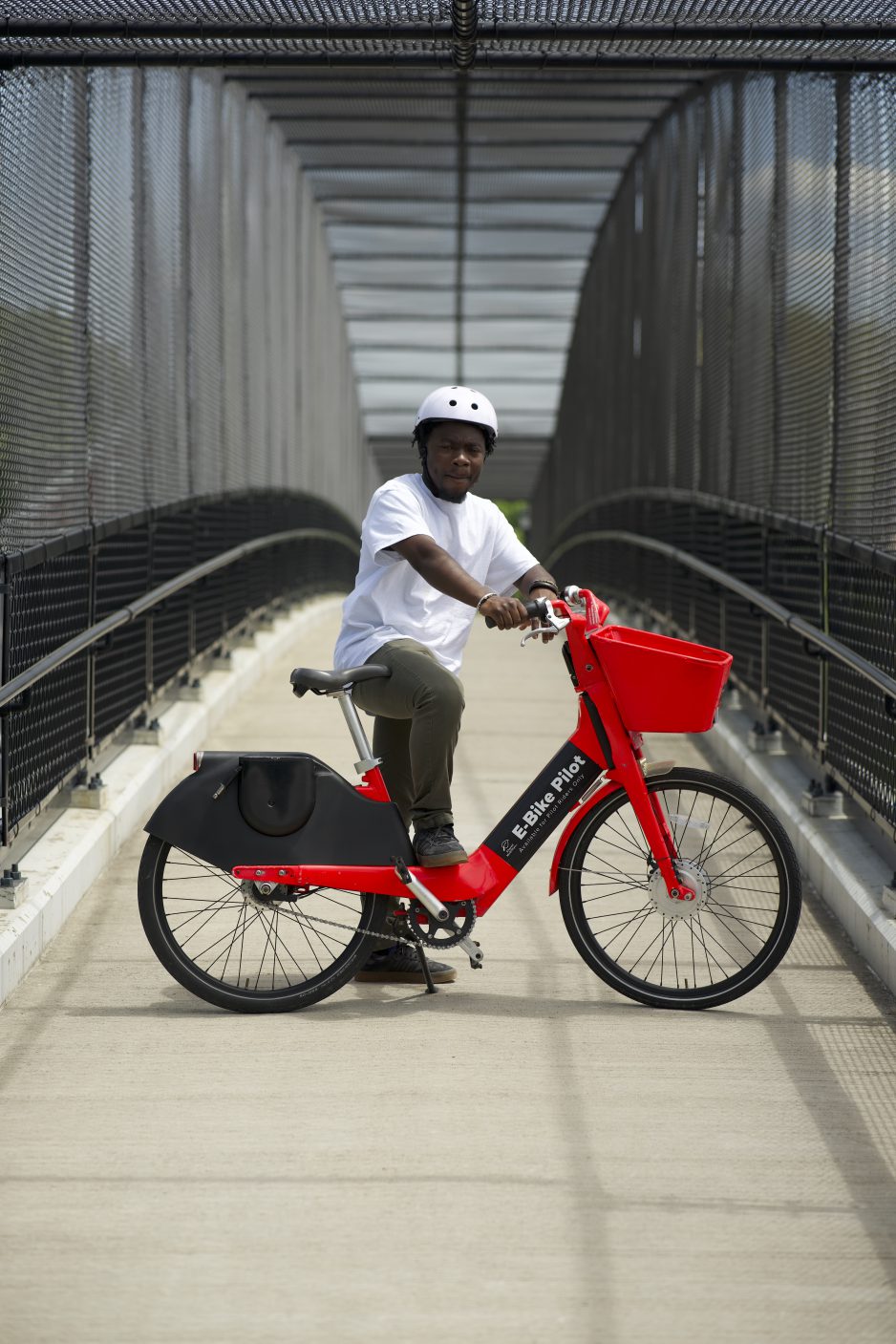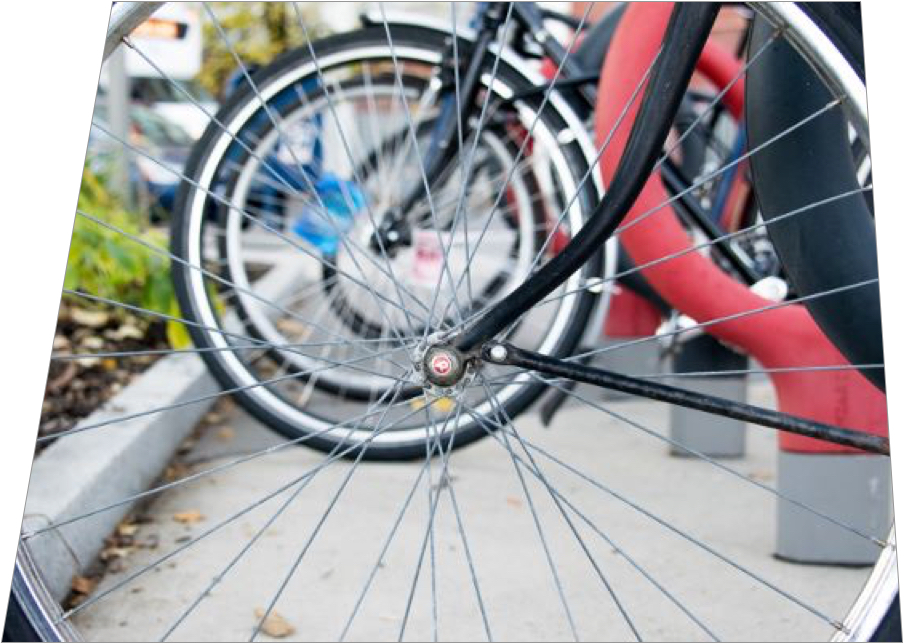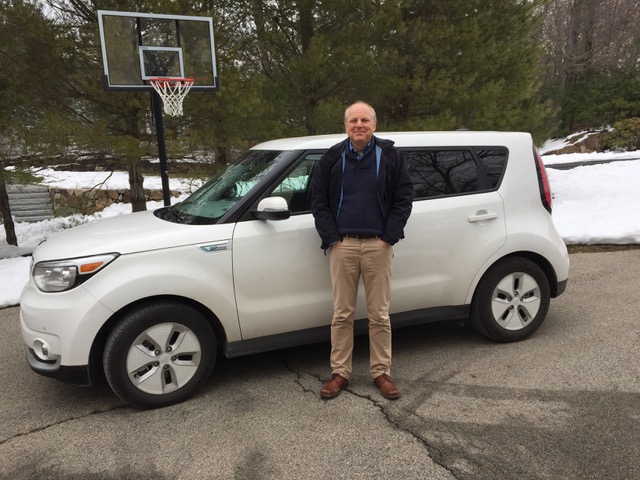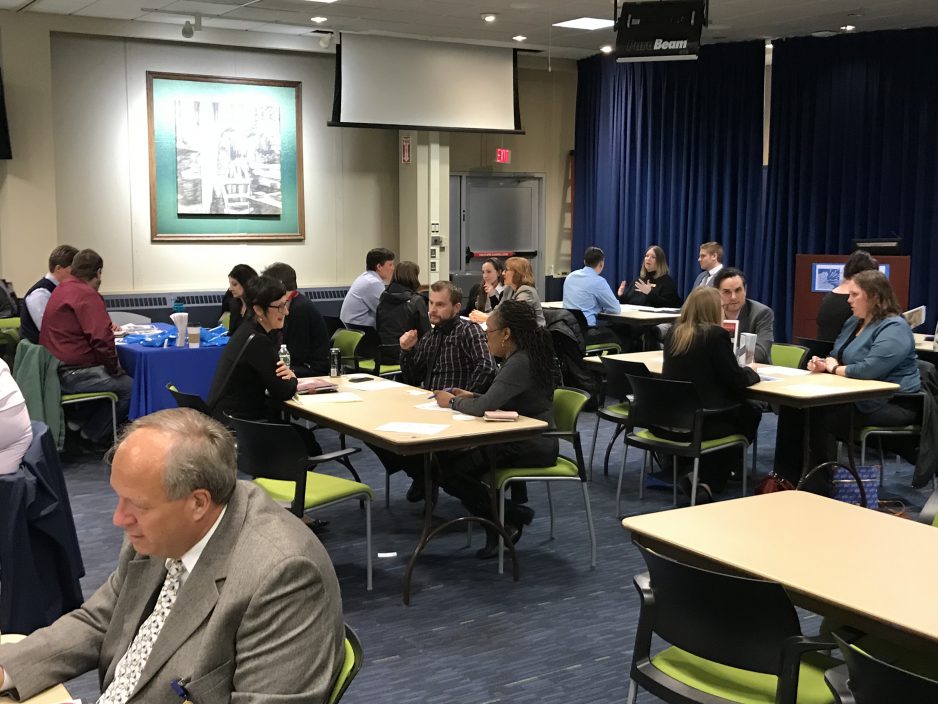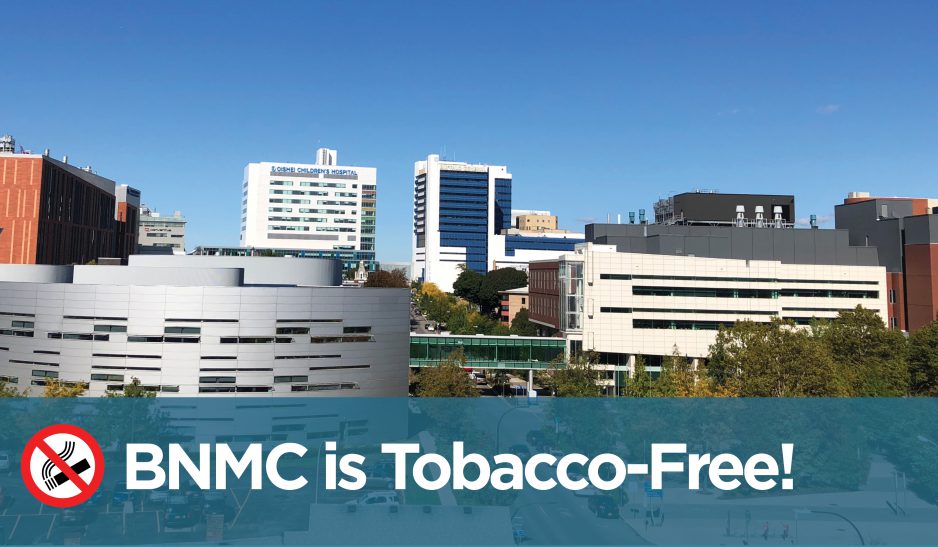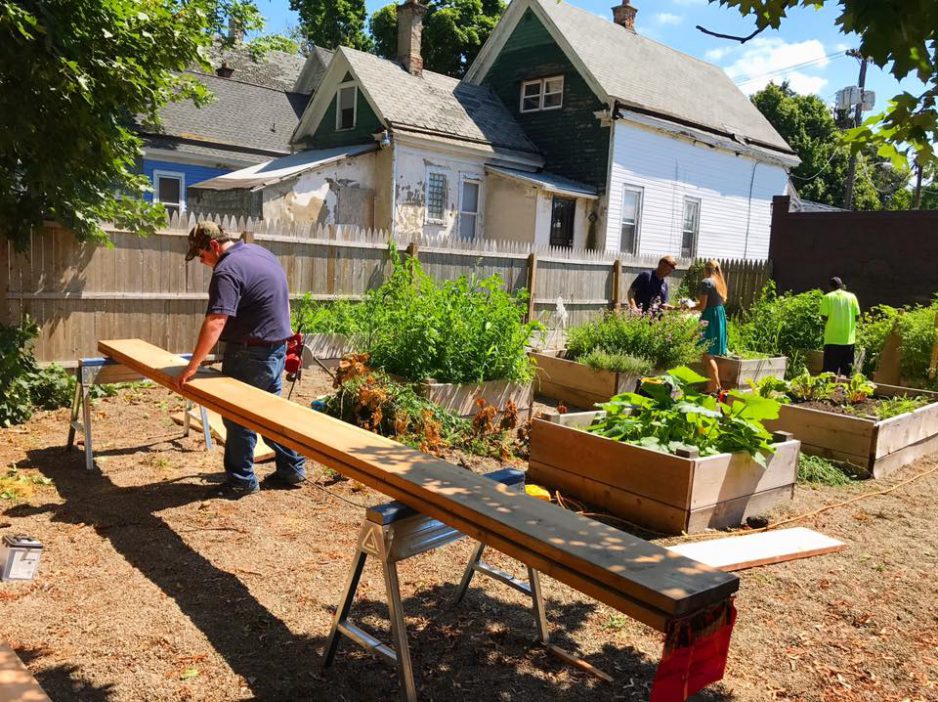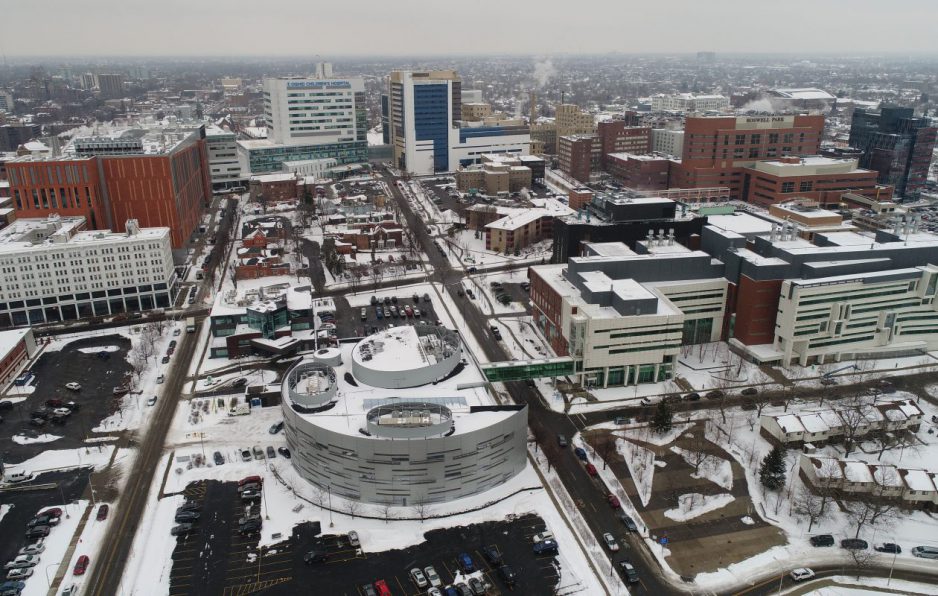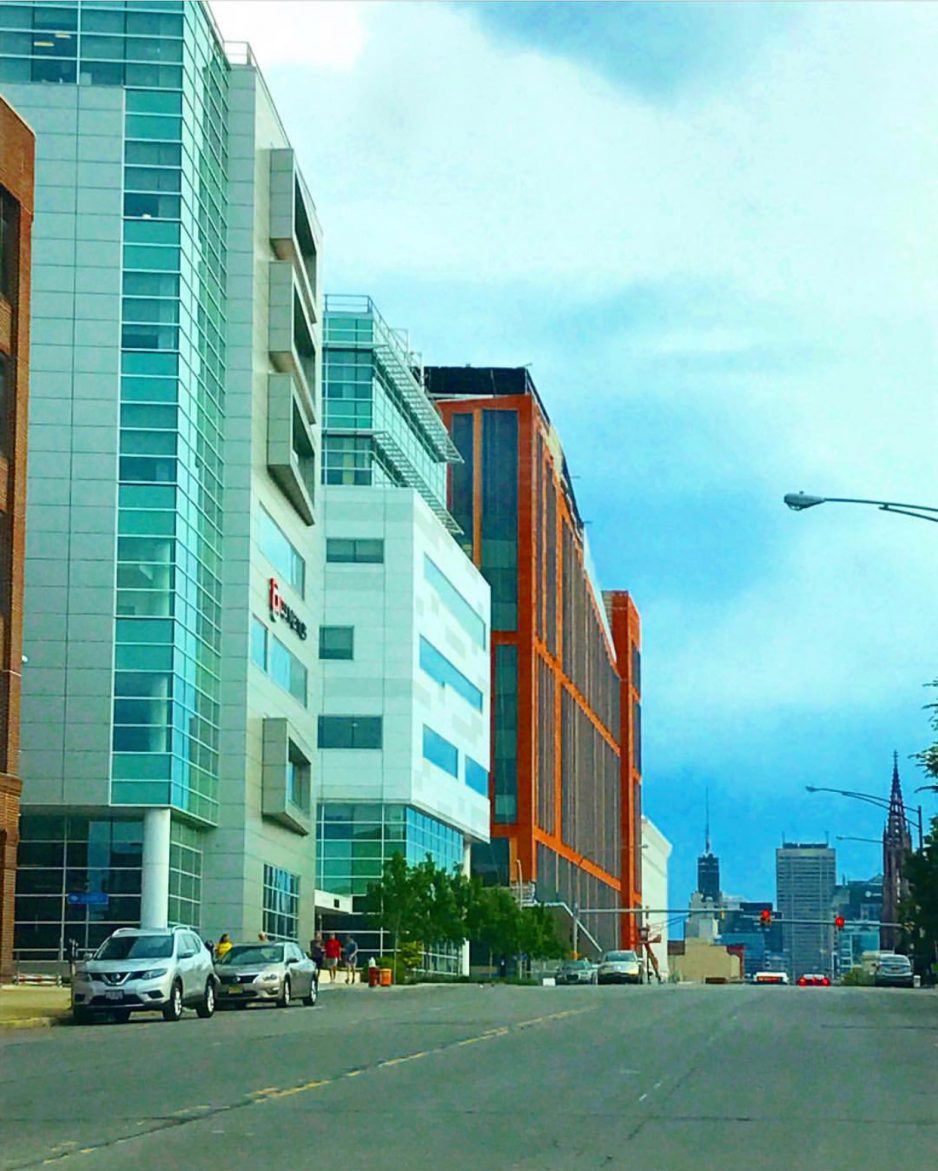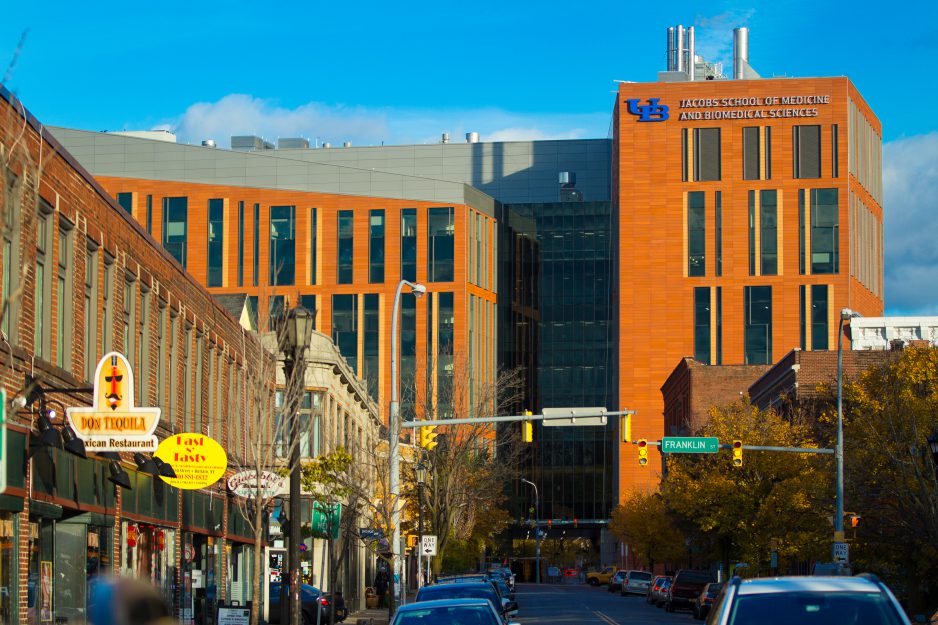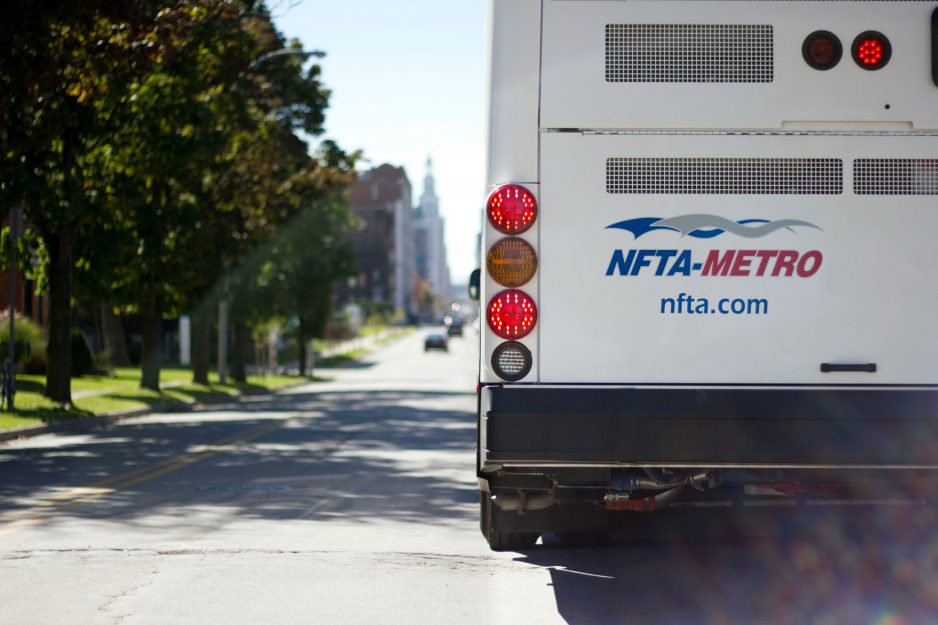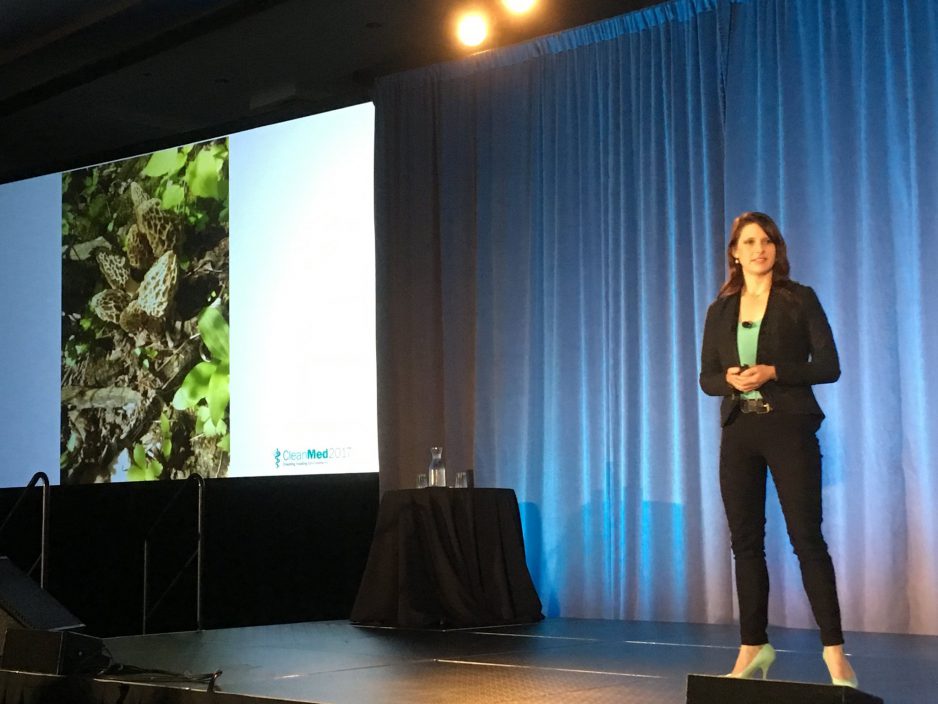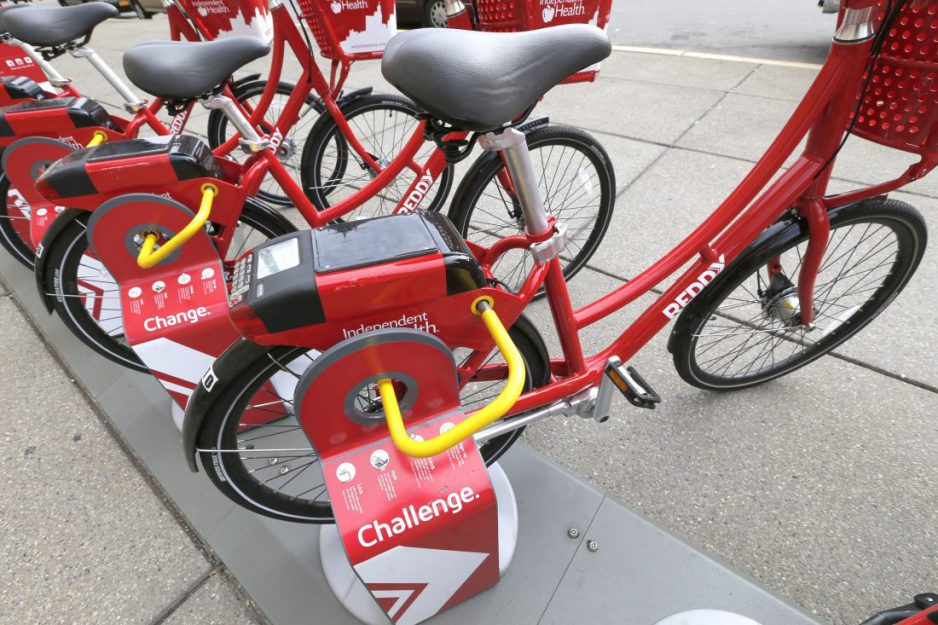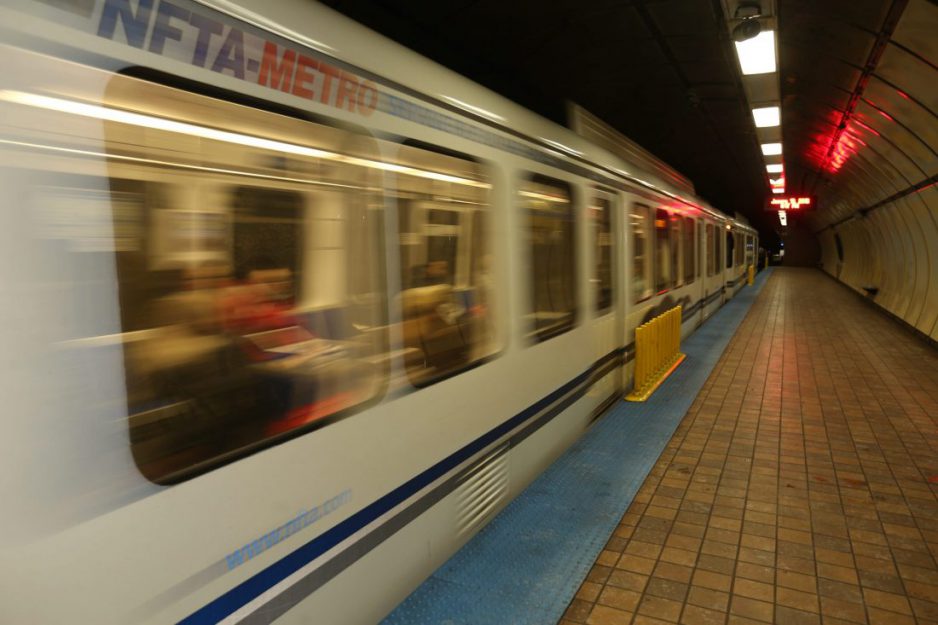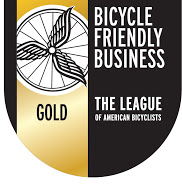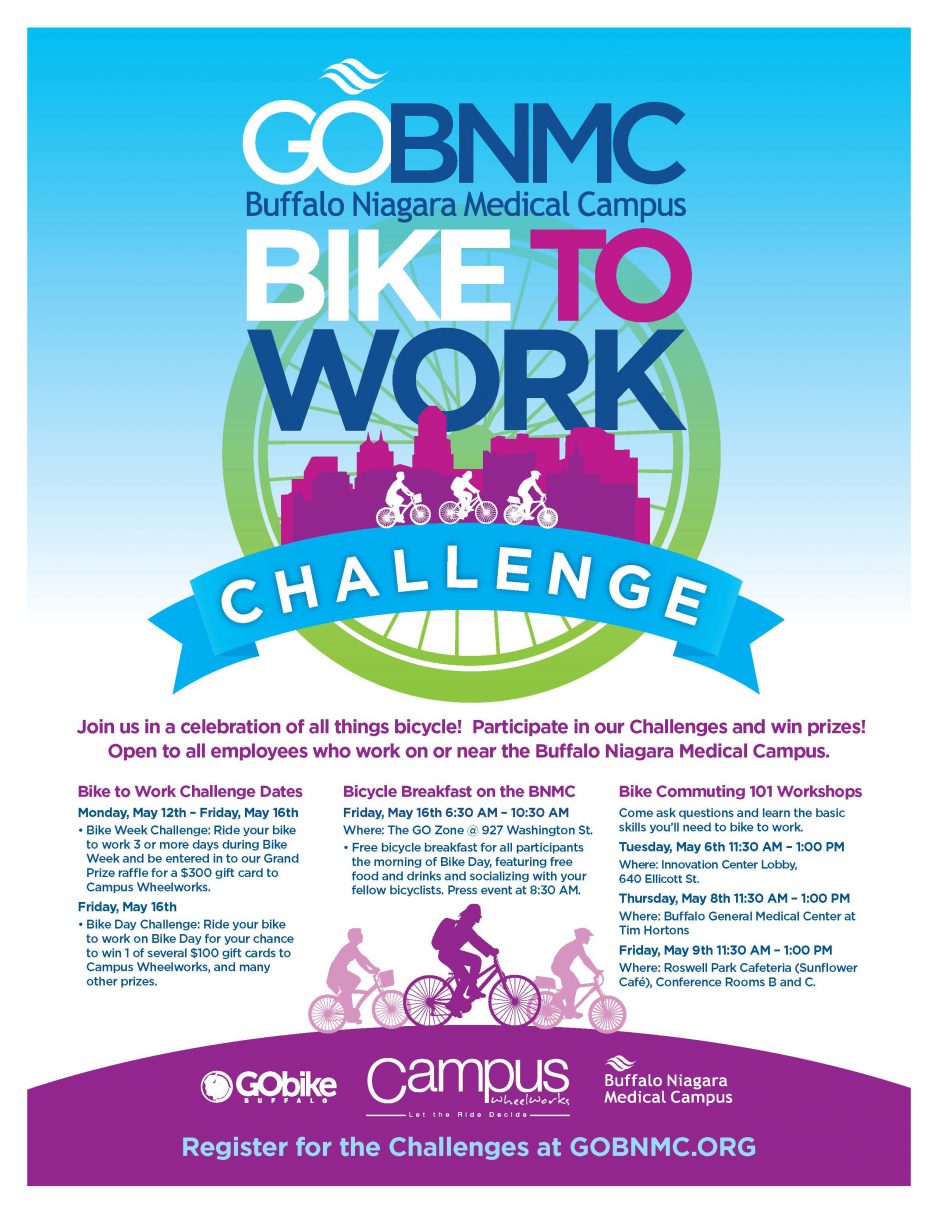Today the Buffalo Niagara Medical Campus (BNMC) shared its final report to the US Department of Agriculture on a multi-year Farm to Hospital project. Nine years ago, BNMC brought partners Roswell Park Comprehensive Cancer Center and Kaleida Health together with a shared vision for what a culture of fresh, healthy, local foods in healthcare systems could look like. To advance this vision, BNMC applied for and received three rounds of grant funding from the US Department of Agriculture (USDA).
Together the partners worked to:
- update institutional procurement and vending contracts,
- implement a Harvest of the Month campaign,
- host three Food as Medicine Symposia,
- develop the WNY Food as Medicine Coalition,
- install five new Farmhouse Fridges across campus.
As a direct result of their efforts, local procurement at Campus hospitals has increased by 333%. This matters, because for every dollar spent on local procurement (small to midsize farms, aggregators & distributors operated by our neighbors), 75-85 cents stays in the local economy when compared to conventionally sourced produce (largescale corporate food chain) where the revenue share to local farmers hovers around 14.9 cents. More data highlights are included on page 14 of the report.
The increase in local procurement meant that 42 local farmer entrepreneurs directly benefitted from the effort and grew their businesses. A further 10 local producers were able to expand their ability to sell into healthcare food systems by becoming USDA-certified in Good Agricultural Practices (GAP). Several other local businesses in processing and procurement also benefitted greatly from this work.
While the impact on local entrepreneurs in our healthcare food system is significant, campus hospitals have been able to greatly improve the quality of their procurement practices for the benefit of patient and visitor health. With new policies and operations templates in place, these practices will continue to grow well into the future.
You can read a full copy of the report here. Meet the partners, growers, and distributors in a short video here.
About Buffalo Niagara Medical Campus
For more than twenty years, The Buffalo Niagara Medical Campus organization (BNMC) has been a driving force in Buffalo’s economic renaissance. Throughout its management of the growth of Buffalo’s premier innovation district, the BNMC has foregrounded smart economic, social, and environmental development, prioritizing health & well-being and sustainability. Today, the BNMC is focused on the next phase of Buffalo’s ongoing resurgence, cultivating inclusive innovation in partnership with our community, and launching the IC Success (Innovation Community Success) program to support aspiring entrepreneurs from all backgrounds to help them start or grow a business. Program graduates will form the heart of Buffalo’s growing Innovation Community comprised of businesses large and small in an array of disciplines leading the region’s next wave of economic development and growth. www.bnmc.org


